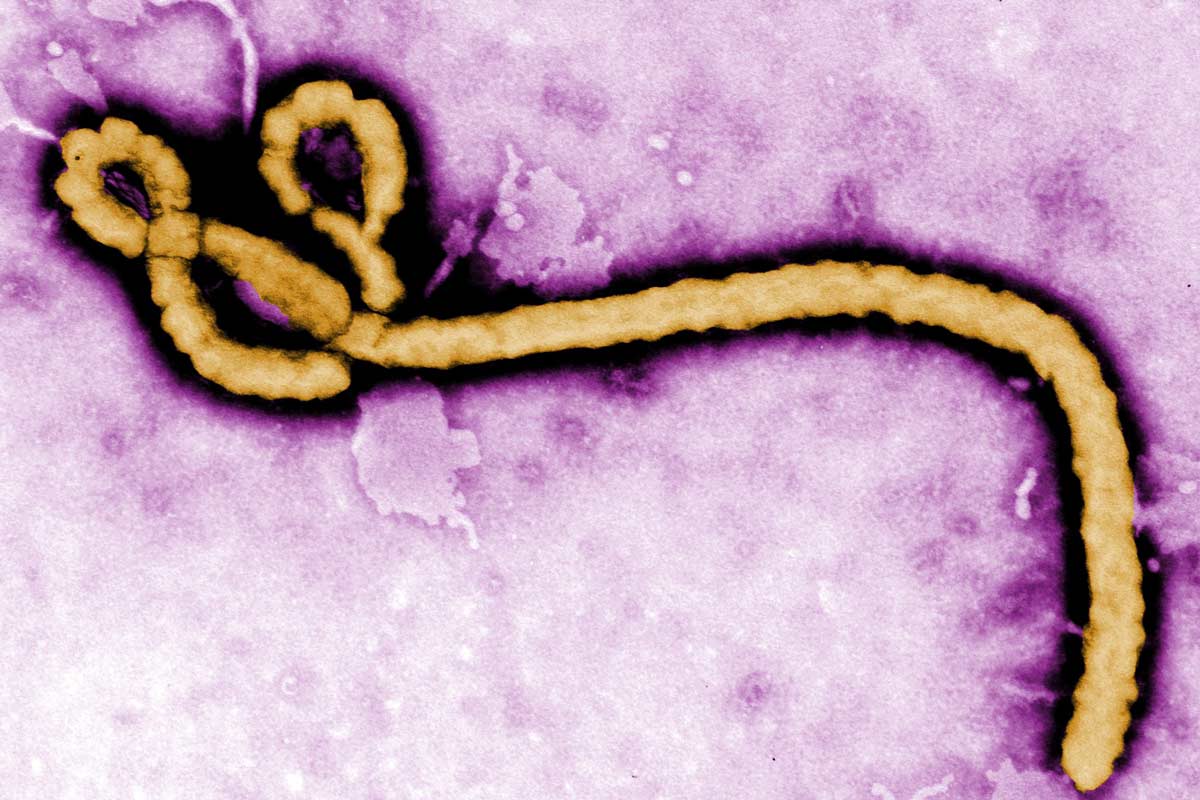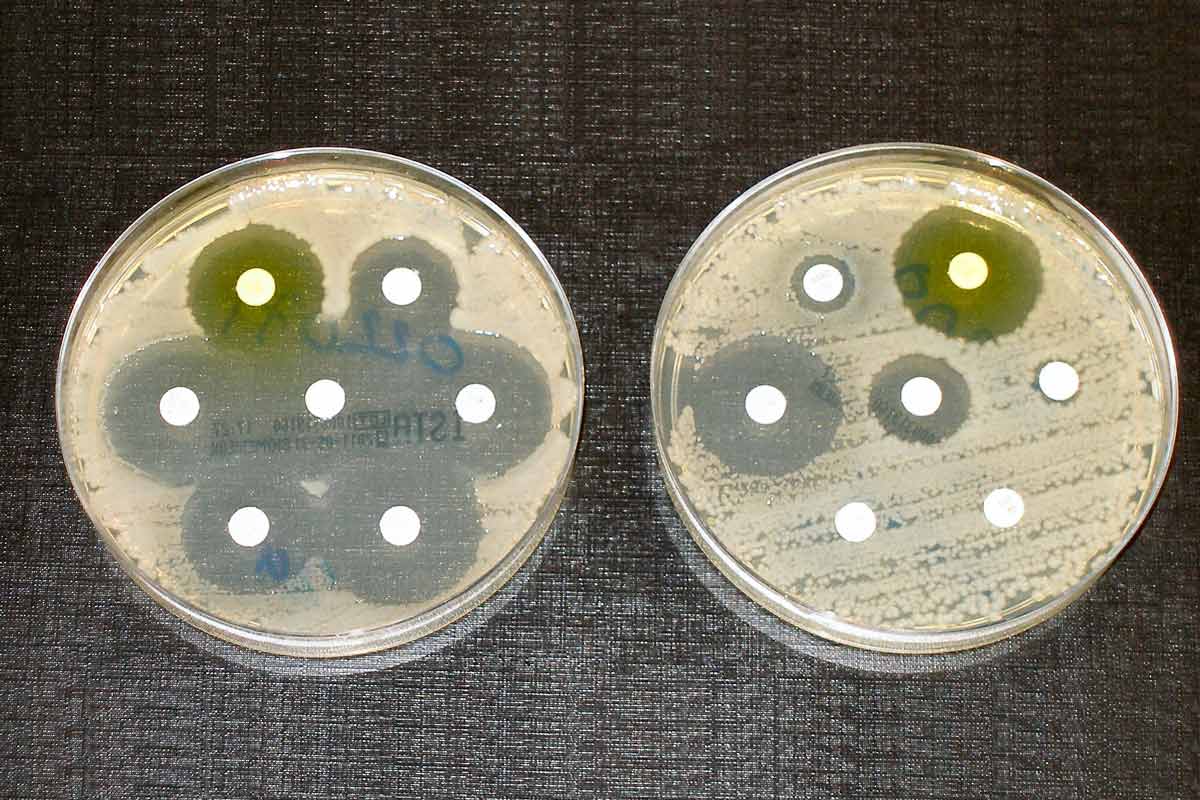Microbial ‘gardening’ could make oral vaccines more effective
Delivering vaccines alongside harmless bacteria could boost their efficacy against stomach bugs.
- 4 April 2025
- 4 min read
- by Linda Geddes

Oral vaccines against bacterial gut infections could be rendered more effective by delivering them alongside harmless bacteria, data suggests.
Although the study was in mice, researchers hope it could trigger a shift in the design of vaccines against these bugs.
Drug-resistant infections caused by Escherichia coli and Salmonella species are increasing. Both typically arrive in the gut and are carried asymptomatically before initiating disease, but creating vaccines against these and other bacteria is tricky because the immune system of the intestine works differently to that of the rest of the body.
Although oral vaccines against cholera and typhoid-causing bacteria exist, these target toxins and external receptors that aren’t present in many other disease-causing bugs. Oral vaccines against viruses such as poliovirus or rotavirus also work through a different immune mechanism.
Now, researchers have identified a potential solution: administering oral vaccines alongside harmless bacteria, which compete with the dangerous microbes and help to starve them out.
Bacterial gardening
Invading the densely populated microbial ecosystem that is the human gut is a crucial first step for disease-causing, or pathogenic, bacteria.
Previous research has suggested that some people’s intestinal flora includes bacteria that compete with pathogenic strains and help to keep them in check.
Faecal transplants, which involve introducing bacteria from healthy people’s guts into those with recurrent infections caused by drug-resistant Clostridioides difficile, for example, is also showing promise as a treatment.
Researchers led by Prof Emma Slack at ETH Zurich in Switzerland and the University of Oxford, writing in Science, wondered if combining this approach with vaccination could be even more effective.
“Although we can decimate pathogenic bacteria with a vaccine, we need harmless microorganisms to fill the resulting niche in the intestinal ecosystem in order to achieve long-term success,” said Slack.
“It’s like gardening. If you want to avoid weeds in an area of the garden, you have to plant other plants there after weeding. If you leave the soil empty, the weeds will just grow back.”
Competitor strains
Creating suitable competitor strains was the first challenge. If they are to successfully compete with pathogenic microbes, it is vital that they’re grown under conditions that are as similar as possible.
The bacteria must live in the same section of intestine, be able to cope with the same acidity and oxygen levels and use the same nutrients. Ideally, they should also be faster growing and different enough from the pathogen that the immune response triggered by the vaccine doesn’t harm them as well.
Have you read?
The team showed that it’s possible to identify highly effective competitor strains of E. coli through careful selection or to create them with the help of genetic engineering, as they did for a salmonella-competitor strain.
By delivering these bacteria alongside oral vaccines against E. coli or a type of Salmonella, the researchers not only prevented colonisation with Salmonella but also tackled established E. coli infections. In both cases, vaccination or the harmless bacteria alone had a smaller impact.
Antimicrobial crisis
Assuming the approach works in humans against clinically relevant bacterial strains, a major advantage of the approach would be that it displaces harmful bacteria without the need for antibiotics.
It should also be effective against antimicrobial-resistant bacteria, which are a growing global health problem.
“We can imagine several scenarios in which this type of prophylaxis could be relevant,” Slack and colleagues said.
One would be before trips to distant countries where there are bacterial strains circulating that the immune system is not prepared for. “In general, the more successful we are in decimating harmful and antibiotic-resistant strains in the population, the better it is for the health of everyone,” said Slack.
Another would be eliminating pathogenic or antibiotic-resistant bacteria from patients’ intestines ahead of surgical interventions, which could be “game-changing in preventing invasive and increasingly multidrug-resistant disease in vulnerable human patients,” the team added.
In principle, this approach could also enhance protection and improve herd immunity with the cholera and oral typhoid vaccines. “But we wouldn‘t expect this mechanism to help against viruses,” said Slack.








